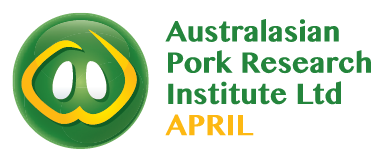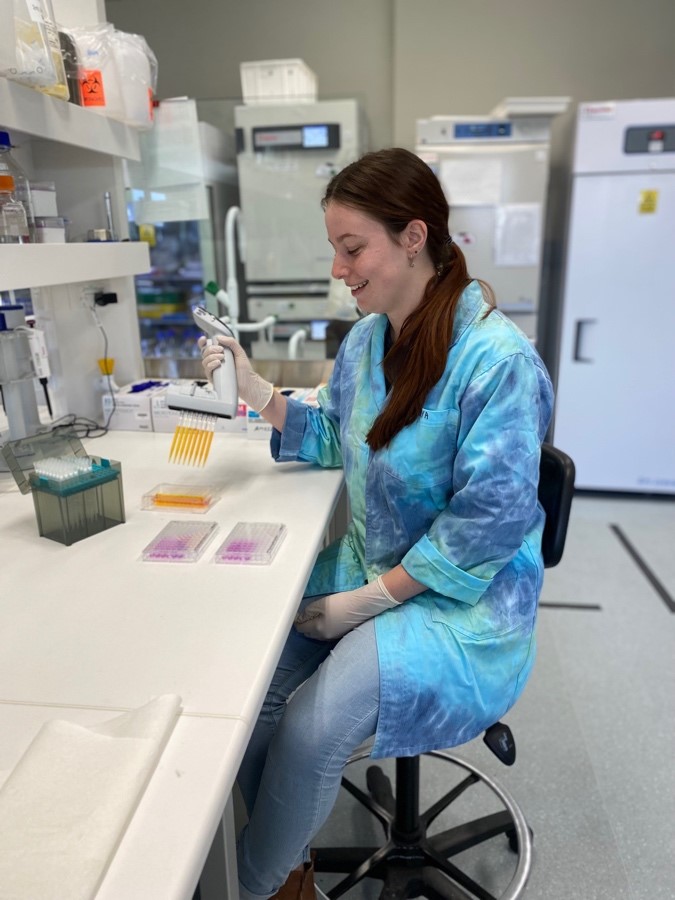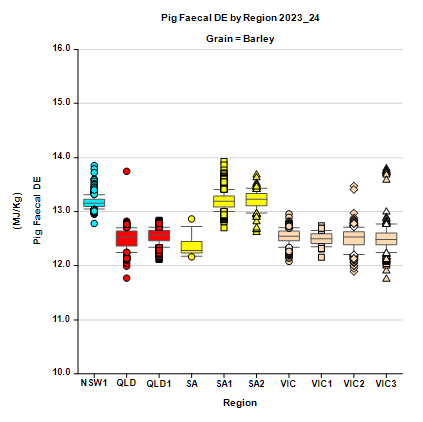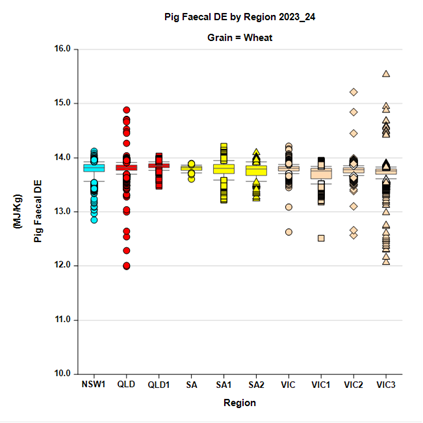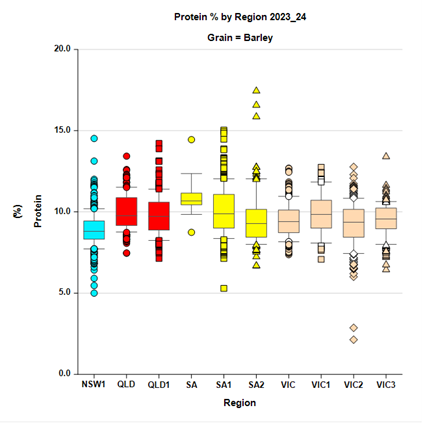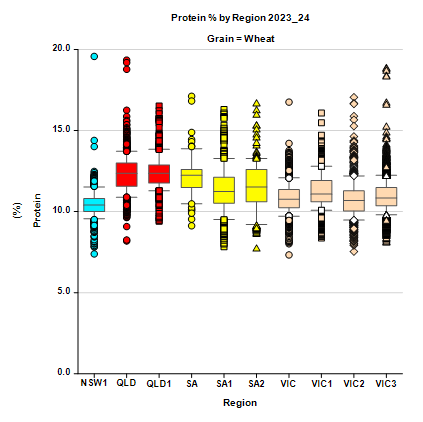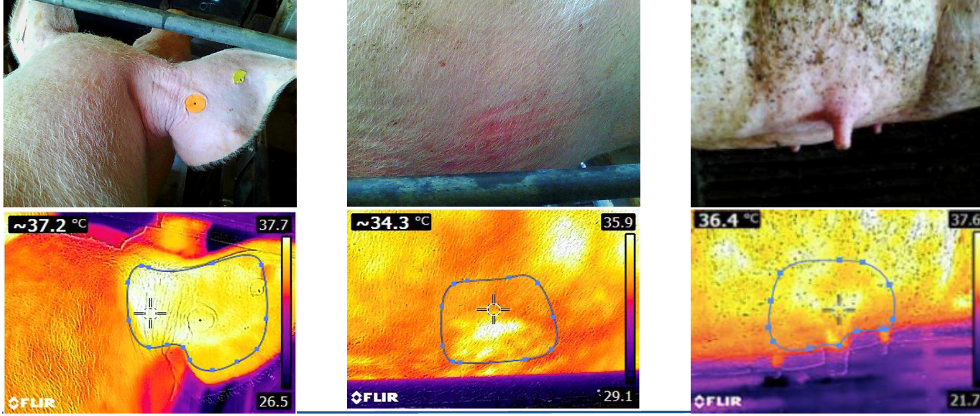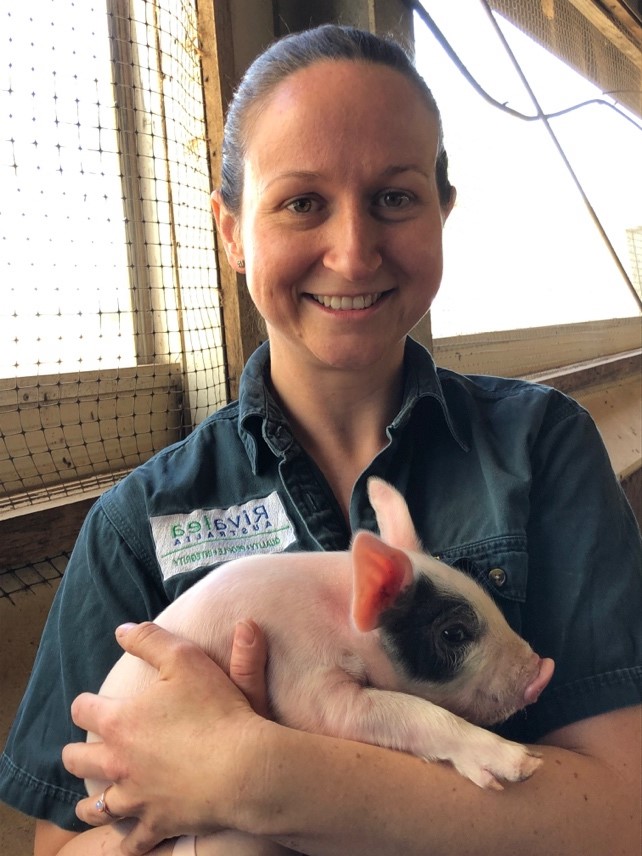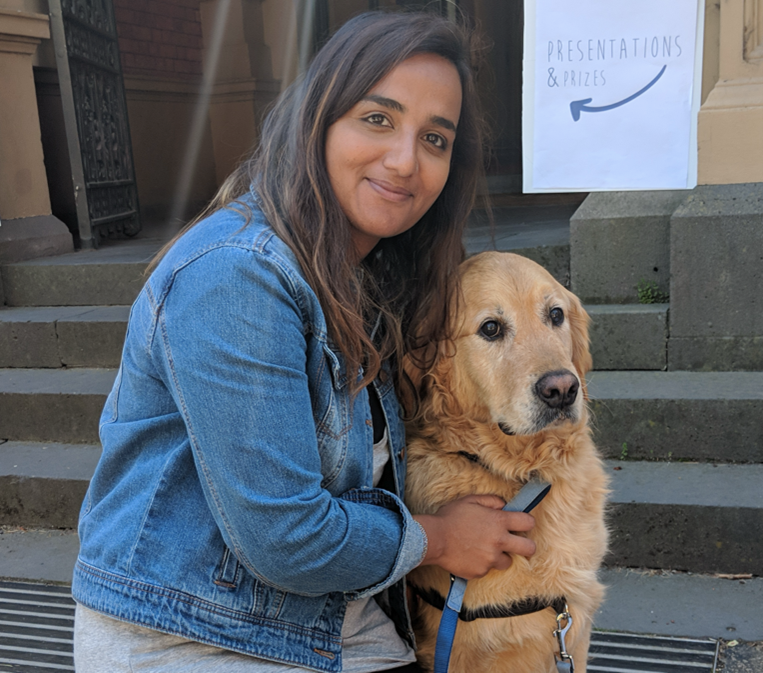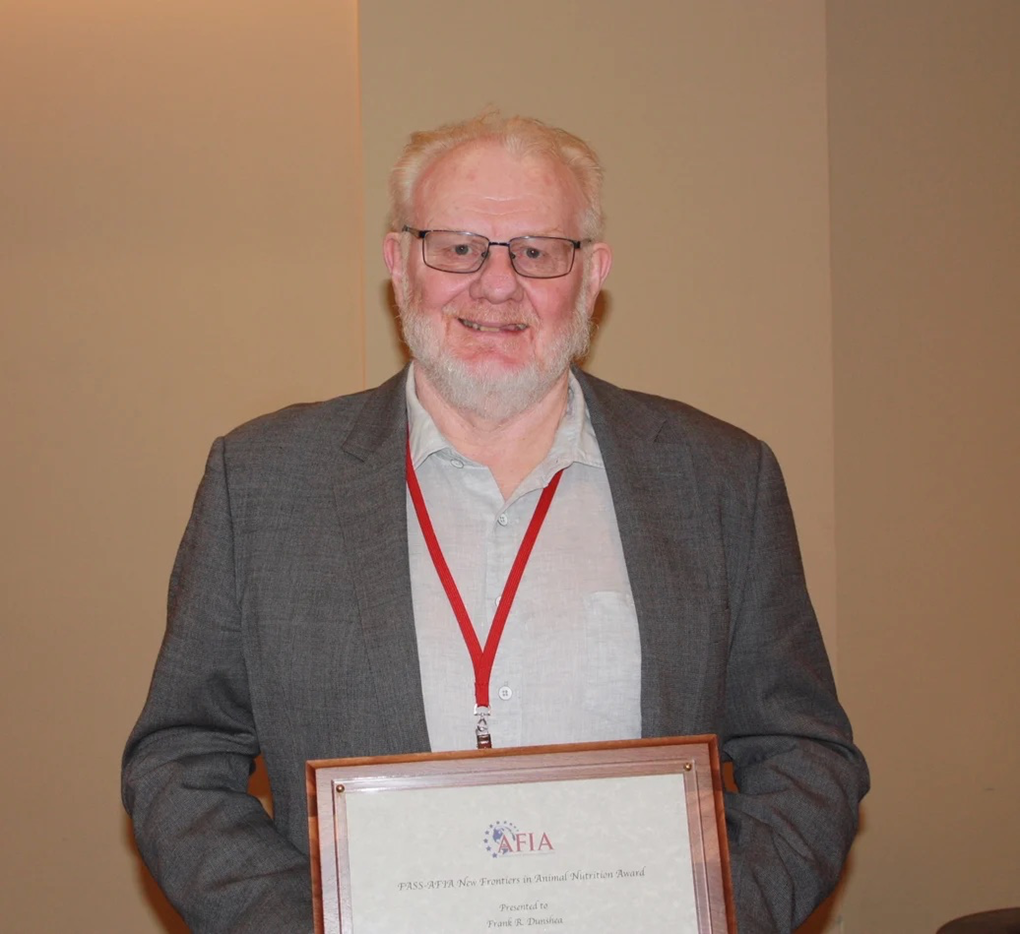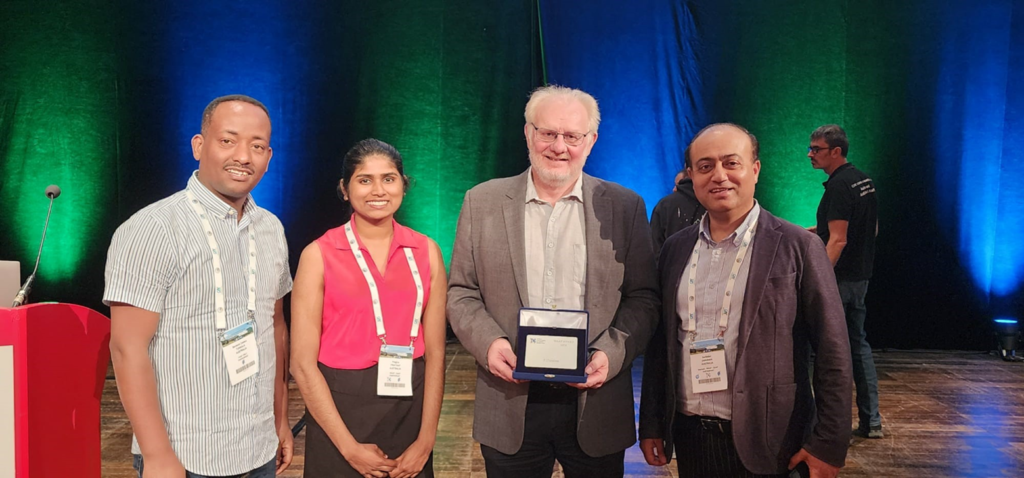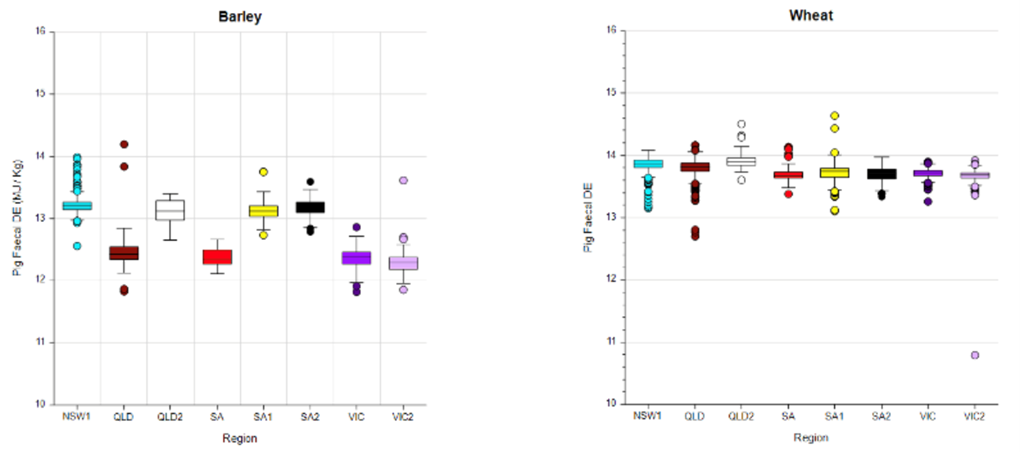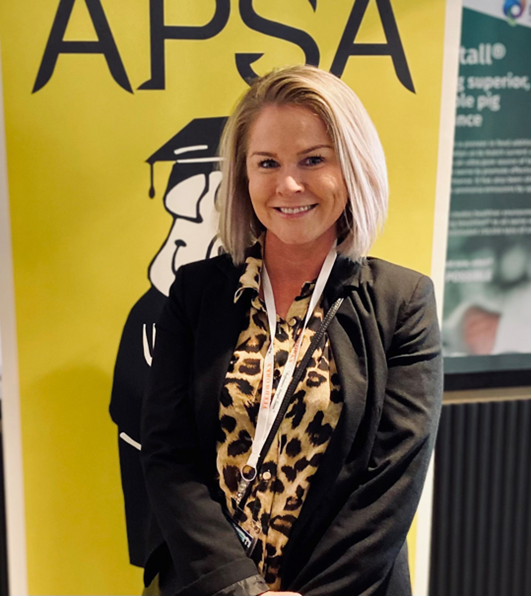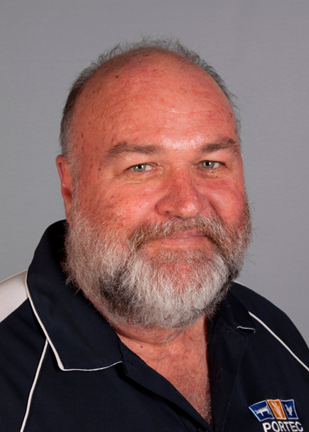APRIL supported project (5A-111)
Researchers: Jess Zemitis, Dr Sally Tritton, Dr Darryl D’Souza, and Dr Kate Plush (Sunpork Group).
When it comes to feeding sows in gestation, we often focus on nutrient levels, energy content, and feed efficiency. But new insights suggest something as simple as the grind size of feed could have a surprising impact on piglet development before birth.
Coarser feed particles, unlike finer ones, tend to pass through the small intestine relatively undigested, reaching the hindgut intact. Once there, the feed particles are a fermentable substrate for beneficial gut microbes. This process, call hindgut fermentation, produces short-chain-fatty-acids (SCFAs) like butyrate, which has been linked to improved fetal growth in previous rat studies.
Research Question: Could feeding sows a coarser ground diet throughout gestation (standard gestational diet with 40% feed particles >1mm) affect growth and development of piglets in utero?
In this series of projects, sows were fed either a coarsely ground diet (40% feed particles greater than 1mm) or Control diet (30% feed particles greater than 1mm). Each sow was fed 2.1kg per day via electronic sow feeder, or 2.4kg per day for thinner sows (P2 backfat less than 16mm).

Figure 1. Gestating sows fed either a coarsely ground diet (40% particles > 1mm) on the left or Control diet (30% particles > 1mm) on the right-hand side.
Snapshot of key findings:
- Coarser particle diets increased short chain fatty acid production in the feaces and serum of gestating sows, with a tendency for increased serum butyrate.
- Sows fed the coarser diet had fewer low birthweight piglets.
- Supplementing coarser diets with an exogenous enzyme led to increased litter sizes, supporting greater sow productivity.
Further work is required to determine the exact mechanism(s) by which a coarser diet fed to gestating sows reduced the impact of low birthweight piglets. Additionally, there may be other benefits to feeding larger grain particles to sows not quantified in this project.
